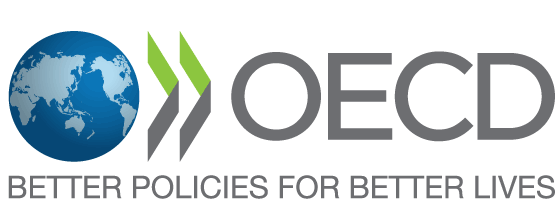 Manufacturers — Step 1
Manufacturers — Step 1
Establish strong management systems
- Adopt a policy for responsible supply chains of minerals.
- Assemble an internal team to oversee supply chain due diligence. Ensure that the necessary budget resources are assigned and that a senior manager is ultimately accountable.
- Communicate company policy, actions and expectations related to responsible sourcing to suppliers. Companies should incorporate these expectations into supplier contracts and consider other ways to support the capabilities of suppliers to fulfill responsible sourcing expectations.
- Establish an internal system of transparency, information collection, and records of supply chain due diligence processes, findings and resulting decisions. In particular, maintain records on the identity of smelters & refiners, or any other suppliers at points of transformation where the mineral is processed to reach commercial market quality, once this information is collected in Step 2.
 Manufacturers — Step 2
Manufacturers — Step 2
Identify, assess, and prioritise risks
- Identify your company’s suppliers and collaborate with them to identify the key points of transformation in the supply chain where the mineral is processed to reach commercial market quality (e.g. smelters or refiners for metals).
- Engage with the key points of transformation (e.g. smelters or refiners for metals). Obtain preliminary information on the country of origin and the transit and transportation routes used between the mine and refiners, or other point of transformation to identify any relevant red flags.
- Assess whether smelters and refiners have conducted all necessary due diligence steps for any red-flagged supply chains that have been, or should have been, identified (e.g. by reviewing the above may be best achieved through an industry scheme or other collaborative initiative.
- If, due to the complexity of your supply chains, you are having difficulty identifying the refiners or other points of transformation in your supply chain, while your efforts are ongoing you may identify through such industry schemes or collaborative initiatives the refiners or other points of transformation that meet the requirements of this Guidance in order to source from.
- If relying on findings from an industry schemes or collaborative initiatives, review those findings to ensure they are credible, up-to-date, and cover risks specific to your supply chain.
 Manufacturers — Step 3
Manufacturers — Step 3
Manage risks
- Inform senior management of the risks identified (e.g. identify priority suppliers; identify smelters and refiners and assess their relative risk levels and corresponding due diligence actions; document any information gaps; and clarify the chain of custody).
- Identify and track which suppliers respond to information requests and which do not. Follow up with suppliers and escalate uncooperative suppliers to senior management.
- Disengage from suppliers associated with smelters or refiners that may be contributing to conflict or to the most serious human rights impacts (as defined in Annex II of the OECD Guidance).
- Manage risks of support to public or private security forces, bribery, money laundering, and tax evasion by asking suppliers to put in place measurable risk-mitigation actions intended to promote progressive performance improvement within a reasonable timescale.
- Improve internal risk assessment systems over time by tracking implementation and risk-mitigation measures.
- If the refiner cannot be identified, adopt a risk management plan to be able to eventually demonstrate significant measurable improvements to your efforts to do so.
 Manufacturers — Step 4
Manufacturers — Step 4
Audit control point
Support an audit of the smelter, refiner, and/or other key points of transformation by:
- providing financial resources for independent third-party audits of refiners and smelters
- becoming members of industry programmes or promoting smelter and refiner participation in audit programmes
- periodically assessing the quality of industry-led validation programmes or independent audits of the smelters or refiners that choose to participate in such schemes.
 Manufacturers — Step 5
Manufacturers — Step 5
Communicate and report on due diligence
- Report publicly on your company’s due diligence efforts for responsible supply chains of minerals from conflict-affected and high-risk areas each year.
- Reports should focus on the key findings from the risk assessment and actions taken by the company to address identified risks (e.g. management systems established; steps taken to identify smelters and refiners in the supply chain; risk assessment methodology implemented; assessments conducted to identify smelter and refiner risks and corresponding due diligence measures in line with the OECD Guidance; steps taken to manage risks; and efforts made to monitor and track performance for risk mitigation).
- Disclose information with due regards taken of business confidentiality and other competitive concerns (i.e. price information and supplier relationships).
